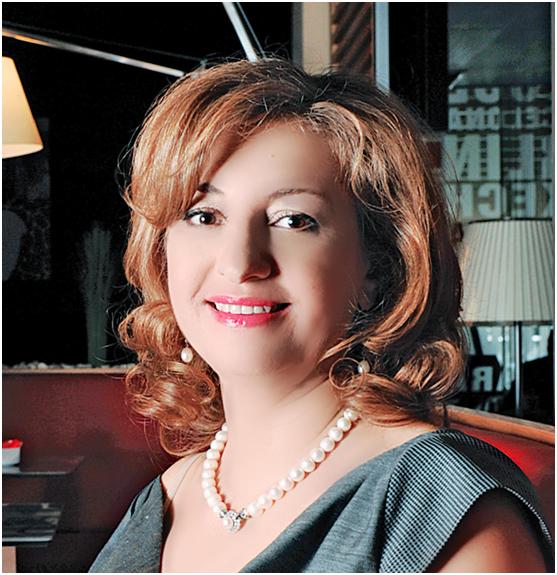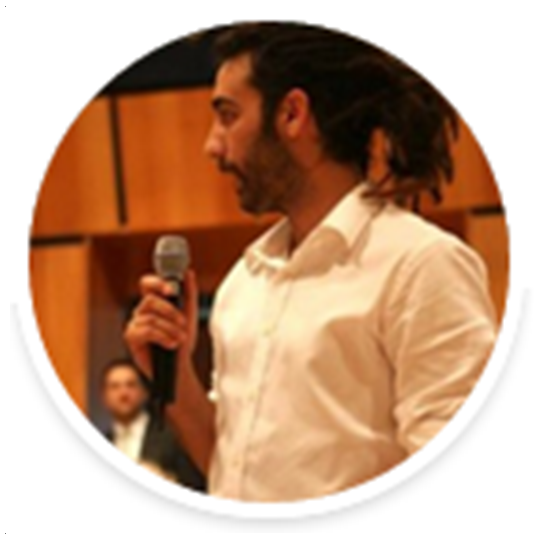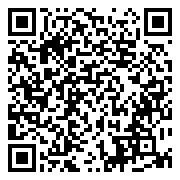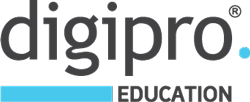
Developing Innovative, EdTech-Enriched Learning Spaces to Challenge the “Alpha Gen” Students.
Hourly Schedule
Day 1
- 07:30 - 09:30
- The Global Educational Framework Needs the Development of:
- • Expert thinkers who are intuitive, act automatically, can think strategically, and are flexible during problem solving. <br/>• Robust innovative pedagogies with digital accessibility, navigation and application of technological tools. <br/>• Enhanced student’s knowledge, knowhow, abilities and habits of mind. <br/>• Learning experiences that promote the 4Cs in education. (Critical, Creative, Communication and Collaboration)
- 09:30 - 09:45
- Coffee Break
- 09:45 - 12:15
- Case Study: Presentations and specific (hands on) school related case studies
- • Presentation of the most popular 21st Century Advanced Technologies. <br/>• Presentation of innovative learning content that supports the necessary ingredients for academic excellence. <br/>• Presentation of how to use and “mix” different technologies, such as Android, Windows and IOS technologies when solving problems and developing projects. <br/>• Presentation of practical examples of learning redesign by integrating the development of expert thinkers.
- 12:15 - 12:45
- Lunch Break
- 12:45 - 13:45
- Case study: The dynamic shift to change
- In the world of work, skills disruption will require organizations to be much more agile in delivering working and learning experiences that are tailored to the individual needs of their workers. Much work is being done by private sector chief human resource officers on customizing work experiences to enable lifelong learning and integrating alternative work models to improve flexibility.
- 13:45 - 15:15
- Group Presentations
- Present group projects that contain learning experiences beyond expectations driven by authentic passion and need.
Day 2
- 07:30 - 08:30
- It’s All About Learning!
- • How can we look at technology as a teaching and learning experience, rather than just a technological advancement? <br/>• How teachers can be involved in ways that really improve student hands-on experiences? <br/>• How can we achieve the development of relevance and the advancement of student outcomes? <br/>• How can we assess student outcomes? Summative versus Formative Assessments.
- 08:30 - 10:00
- Developing Autonomous and Collaborative Learning Environments
- • Presentation of problems that occur due to EdTech investment by schools. <br/>• Schools often make purchases without really knowing what to do with the technology once they have it. <br/>• Presentation of schools that have over 60 iPads locked away in a cupboard, with no real indication of how they plan to use it. <br/>• Reference to schools that spend thousands of Euros on devices, simply because other schools have them. In this case study we will see that schools don’t need technology for brilliant classrooms, but we do need teachers who understand the value and purpose of it. <br/>• Show that technology it’s something that students will use every day, boosting teachers’ confidence to get involved is essential.
- 10:00 - 10:15
- Coffee Break
- 10:15 - 11:45
- Choosing the Appropriate Technology
- • What technologies are appropriate for the lesson at hand? <br/>• What can we do when things go wrong with the technology? <br/>• Let students get it wrong and make a mess of it!
- 11:45 - 12:45
- Class Project
- After reviewing the Case study and additional and subject relevant recommended readings, videos, links participants will create their own eLearning presentations on the subject using presentation or eLearning authoring tools. Participants will be expected to post their projects on the dedicated seminar blog.
- 12:45 - 13:15
- Lunch Break
- 13:15 - 14:45
- The Program for International Student Assessment (PISA)
- • The Program for International Student Assessment (PISA) is an international assessment that measures 15-year-old students' reading, mathematics, and science literacy every 3 years.<br/>• The PISA questions, characteristics and cognitive abilities.<br/>• Prepresentating reasoning and argumentation visions, strategies for solving problems, using symbolic, formal and technical language and operations, using mathematics tools.<br/>• The PISA assessments for the development of higher order thinking skills.
- 14:45 - 15:15
- Group Presentations
- Present group projects that contain learning experiences beyond expectations driven by authentic passion and need.<br/> Seminar Closure
Instructors
-
 Chryso ChristodoulouCEO - Founder
Chryso ChristodoulouCEO - FounderMrs. Chryso Christodoulou is the founder of FUNecole® Research Institute and the co-founder of Digipro Education Limited. Her academic background is in Computer Science and Education. She is the designer and author of the FUNecole® for Cambridge ICT Starters Initial Steps endorsed by University of Cambridge International Examinations and recognized best practice educational approach by the European Commission. Mrs. Christodoulou is an external educational expert for the Institute of Prospective Technological Studies (IPTS) on various educational research projects. She is a program committee member for the Institute of Electrical and Electronics Engineers’ (IEEE) Computer society. Mrs. Christodoulou participates as keynote speaker and panelist at numerous conferences, seminars and workshops around the world. Mrs. Christodoulou´s work has been published in scholarly and policy publications, such as IEEE Xplore and the European Parliament Magazine. She is a recognized as an entrepreneurship expert by OECD and is one of 350 European Ambassadors of Entrepreneurship.
-
 Kyriakos ChristodoulouHead of R&D and Innovation
Kyriakos ChristodoulouHead of R&D and InnovationKyriakos Christodoulou is the Research and Development Innovation Director at Digipro Education Limited, a leading provider of innovative pedagogical solutions in the EdTech industry. He has over 15 years of experience in the field of computer science, specializing in ethical pedagogy, while also holding the position of Director of R&D and Innovation of a global computer science curriculum at FUNecole Education Limited.
He previously worked as a Computer Science Lecturer and Researcher at the University of Duy Tan. Under Kyriakos’ leadership as a Robotics instructor, his students received 1st prize in primary age ROBOTEX contest. Kyriakos holds a Bachelor’s in Computer Science from the University of Nottingham, and an MSc in Technology Innovation Management from SPRU, University of Sussex.
As a co-founder of a non-profit organisation the ‘ECO Social Movement’, he is committed to support and organise social and ecological volunteering projects. In his spare time Kyriakos enjoys playing the piano and rock-climbing excursions.






